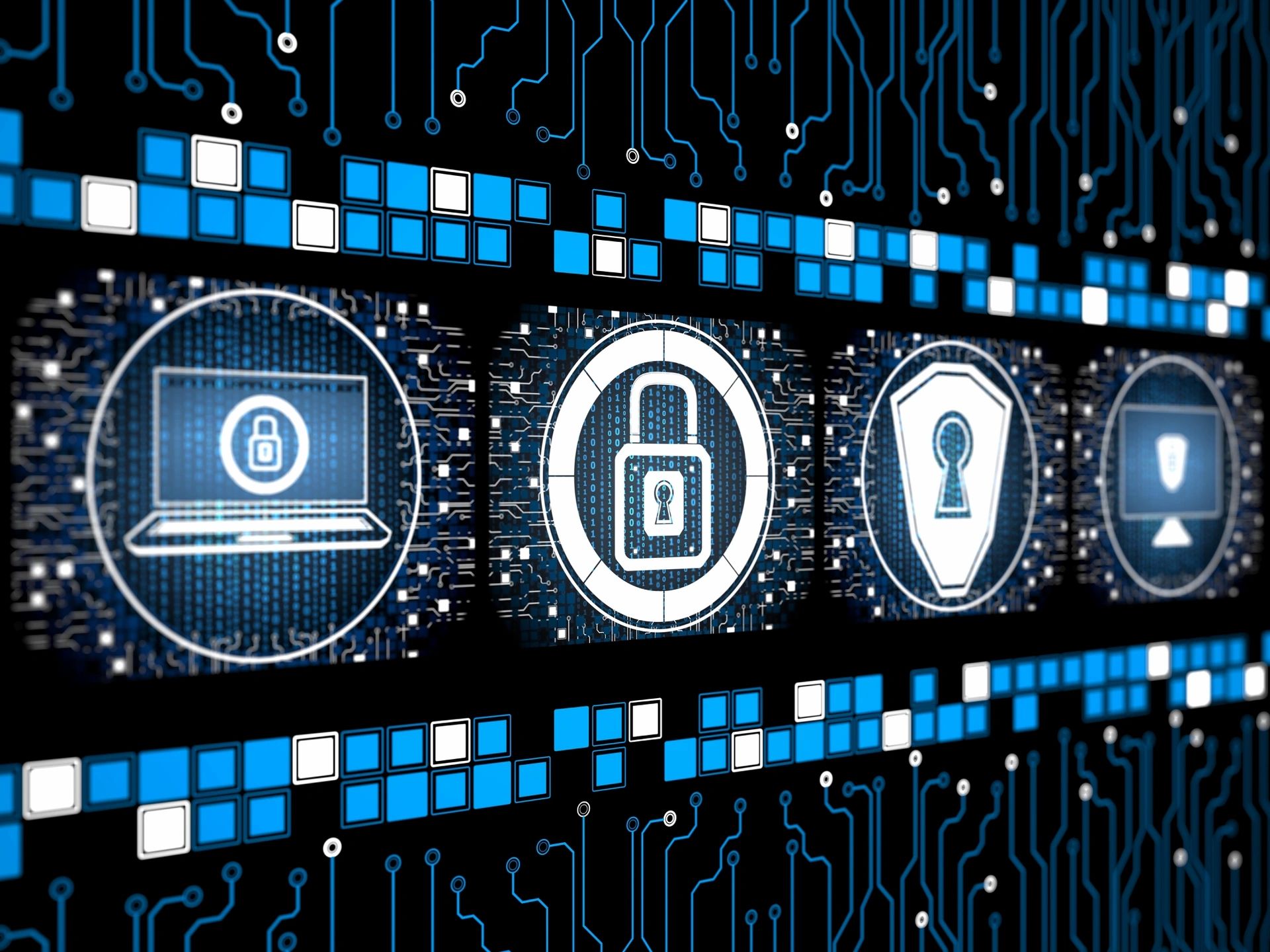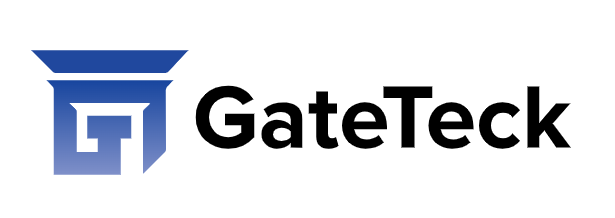As the global community becomes increasingly aware of environmental issues, sustainability has become a top priority. Gated communities, often seen as exclusive and luxurious, are now embracing sustainable practices to minimize their environmental impact. Smart software plays a pivotal role in this transformation, helping gated communities to become more eco-friendly and efficient. Here’s how smart software is driving sustainability in these communities.
1. Energy Management
One of the primary ways smart software enhances sustainability is through effective energy management. By integrating smart energy systems, gated communities can monitor and optimize their energy usage. Software can analyze data from smart meters and adjust energy consumption patterns based on real-time demand. For example, smart thermostats can regulate temperature settings to reduce energy wastage when residents are not home. Additionally, software can manage renewable energy sources such as solar panels, ensuring optimal energy generation and usage, thus reducing reliance on fossil fuels.
2. Water Conservation
Water conservation is another critical aspect of sustainability, and smart software is making significant strides in this area. Smart irrigation systems use sensors and weather data to determine the precise amount of water needed for landscaping, avoiding overwatering and conserving water resources. Leak detection software can identify water leaks in real time, allowing for prompt repairs and preventing water wastage. These technologies not only save water but also reduce utility costs for residents.
3. Waste Management
Efficient waste management is essential for reducing the environmental footprint of gated communities. Smart waste management software can streamline waste collection processes by optimizing routes for waste disposal trucks, reducing fuel consumption and emissions. Additionally, software can monitor waste levels in bins and schedule pickups only when necessary, preventing unnecessary trips. Smart recycling systems can also help residents sort their waste more effectively, increasing recycling rates and reducing landfill waste.
4. Transportation Solutions
Transportation is a significant contributor to carbon emissions, and smart software can help gated communities adopt more sustainable transportation solutions. Car-sharing platforms, managed through smart software, encourage residents to share rides, reducing the number of vehicles on the road. Electric vehicle (EV) charging stations can be integrated with community management software to monitor usage, schedule maintenance, and provide real-time availability updates. Additionally, software can promote alternative transportation options such as biking and walking by providing residents with information on nearby trails and bike-sharing programs.

5. Sustainable Building Management
Smart software can also enhance the sustainability of building management within gated communities. Building management systems (BMS) integrate various functions such as lighting, heating, ventilation, and air conditioning (HVAC) into a single platform. This allows for centralized control and monitoring, enabling property managers to identify inefficiencies and implement energy-saving measures. For instance, smart lighting systems can adjust brightness based on occupancy and natural light levels, reducing electricity consumption.
6. Community Engagement and Education
Engaging residents and educating them about sustainable practices is crucial for the success of any sustainability initiative. Smart software can facilitate this by providing residents with access to information and resources on sustainability. Community portals can offer tips on reducing energy consumption, conserving water, and recycling effectively. Additionally, software can organize and promote community events focused on sustainability, such as tree planting drives or workshops on eco-friendly living.
7. Real-Time Monitoring and Reporting
Real-time monitoring and reporting are essential for tracking the progress of sustainability initiatives. Smart software can provide property managers with detailed reports on energy usage, water consumption, waste generation, and other key metrics. These reports can highlight areas for improvement and enable data-driven decision-making. Transparent reporting also allows residents to see the impact of their actions, fostering a sense of collective responsibility and motivation to adopt sustainable practices.
In conclusion, smart software plays a crucial role in promoting sustainability in gated communities. By optimizing energy and water usage, improving waste management, facilitating sustainable transportation, and enhancing building management, smart software helps gated communities reduce their environmental impact. Additionally, community engagement and real-time monitoring ensure that sustainability initiatives are effective and continuously improved. As technology advances, the potential for smart software to drive sustainability in gated communities will only continue to grow, paving the way for a greener and more eco-friendly future.







